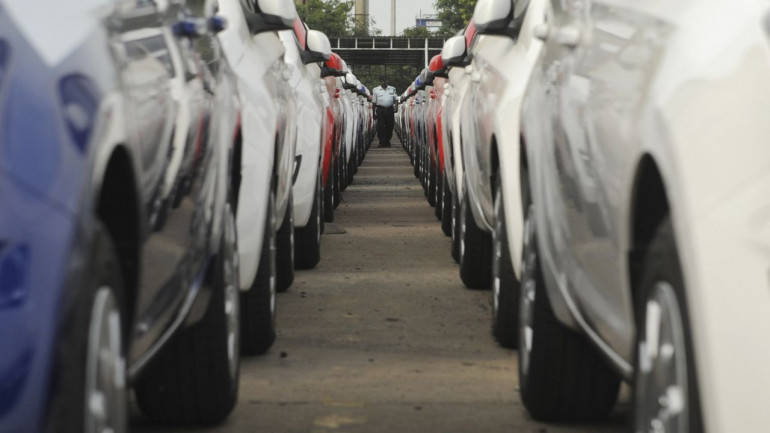Here is the weekly wrap of all the important auto news of the week.
Back in 2012, truck and bike manufacturer Eicher Motors and off-road vehicle specialist Polaris joined hands to work on what would be a highly versatile vehicle that addressed specific needs of the buyer.
But initial days of the project were filled with suspense. Head Siddhartha Lal, the managing director of Eicher Motors did not provide any forthcoming details of the project to the media or the shareholders. In fact he maintained that an internal study will decide the future route the project will take.
This gave rise to a series of speculations over the next three years. Some predicted it to be a quadricycle while others assumed it could be a premium motorcycle range or an all-terrain vehicle. Some others went on to speculate that it could be a compact car like the Tata Nano, thereby plugging the last gap in Eicher’s product line-up.
Then in June 2015, the 50:50 joint venture Eicher Polaris (EPPL) launched the Multix, touted as ‘India’s first personal utility vehicle’, a purpose-built, people-cum-load carrier that can even double up to become an electricity generator just in case there is a power outage.
Besides generating 3kW of power (enough to light small homes) the diesel-powered Multix also promised to deliver 28.45 km per litre of mileage
By mid-2015 both companies poured Rs 350 crore into the venture, which included setting up of a 60,000 units per year manufacturing plant in Jaipur as well as towards product development. Priced at Rs 2.32 lakh (ex-showroom, Jaipur) the Multix’s main buyer were the 5.8 crore ‘independent businessmen’ of India.
But all this did not appeal to many buyers. Having clocked only 3,500 unit sales in more than 30 months (less than 6 percent of its annual plant capacity) the JV was forced to shut shop and absorb the Rs 92 crore loss (as of March 31, 2017).
What is heartening is that the Multix was a result of a thorough market research spanning over two years. The Multix was an improvised two-wheeler but did not cost as much as a four wheeler. Both companies knew what the buyer needs but despite the plethora of knowledge the project failed.
EPPL was not the only company to bite the dust during the week. Kanpur-based scooter and bike manufacturer LML shut down operations after its lenders rejected a resolution plan for the heavily indebted company.
LML, which at one point during its history, had a tie-up with the world’s most famous scooter brand Vespa and even roped in actor Shah Rukh Khan as its brand ambassador, begun to lay off workers since last year. The Deepak Singhania-led company had only restarted operations in later half of 2015 after witnessing a long series of start and failures in the previous years.
The two failures – one that ceased faster than it was born and the other that dragged on for the longest period – only added to the list of breakdowns India has seen in recent times. General Motors places itself at the top of the pyramid followed by a number of other companies who are on the brink of bankruptcy. Fiat, AMW, Mitsubishi are some of forgotten brands in India and hope of their revival looks bleak.
Nonetheless, new model launches remained unabated with Italian luxury car maker Maserati launching the 2018 Ghibli in India at Rs 1.33 crore. Honda commercially launched the X-Blade at Rs 78,500 and the Activa 5G at Rs 52,460. Mahindra launched the KUV100 Trip for the commercial buyer at Rs 5.16 lakh. Datsun launched limited edition variants of the Go and Go+ while Volkswagen launched limited edition variants of the Polo and Vento during the week.